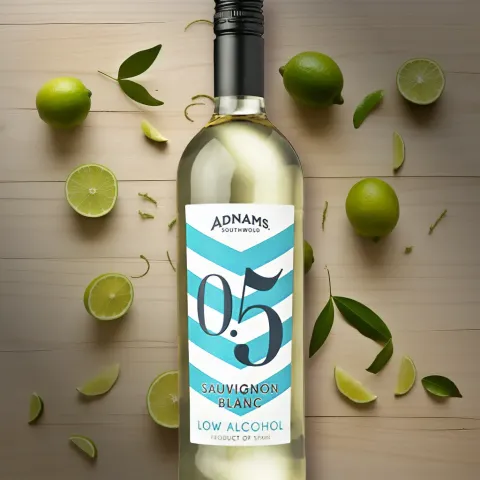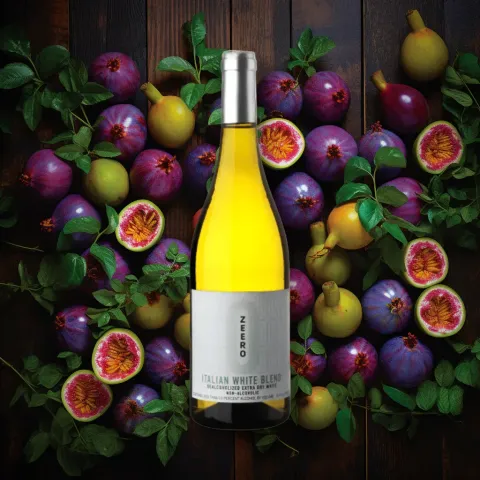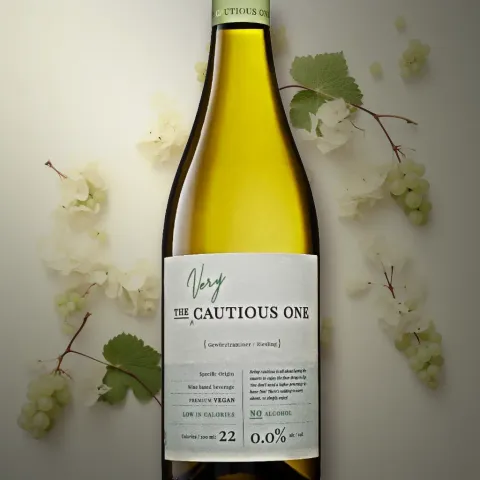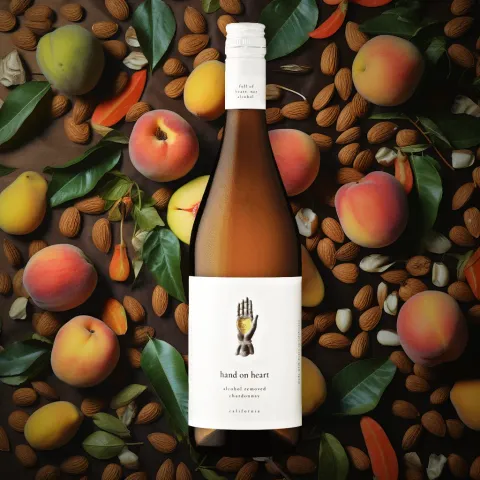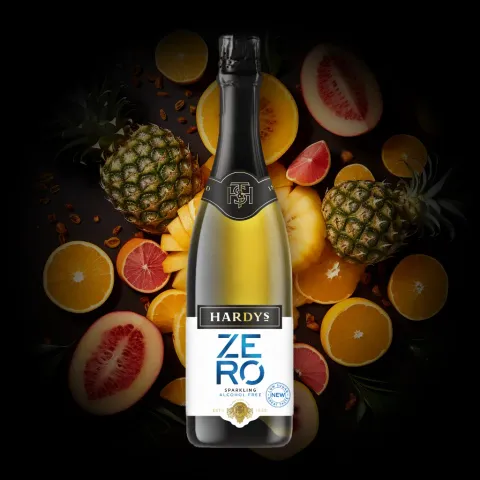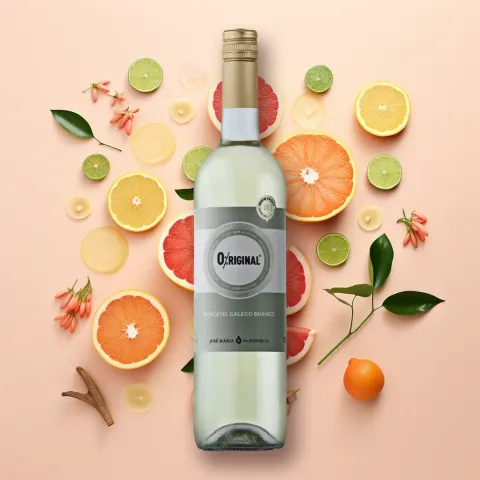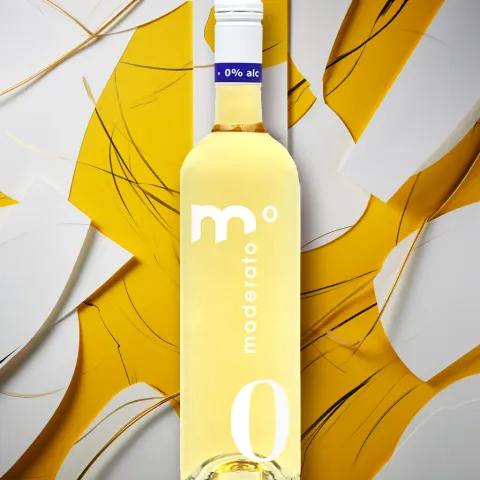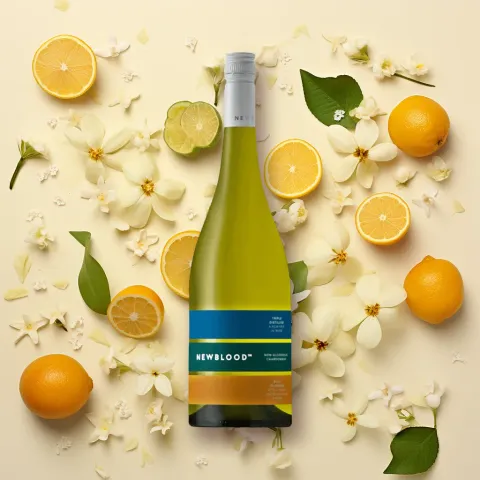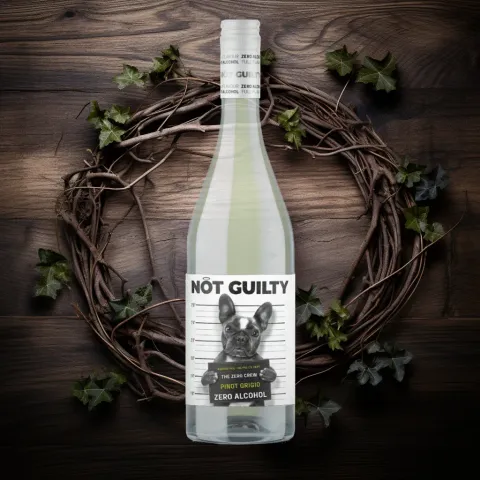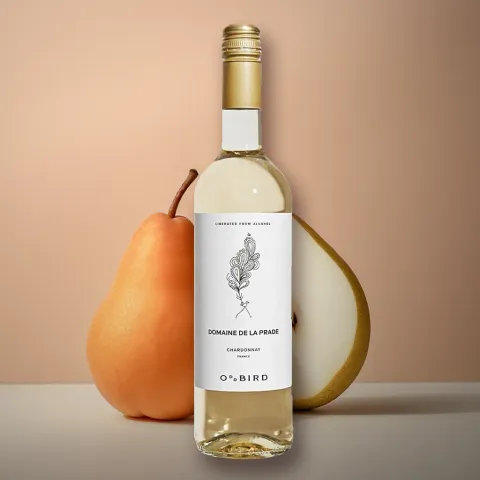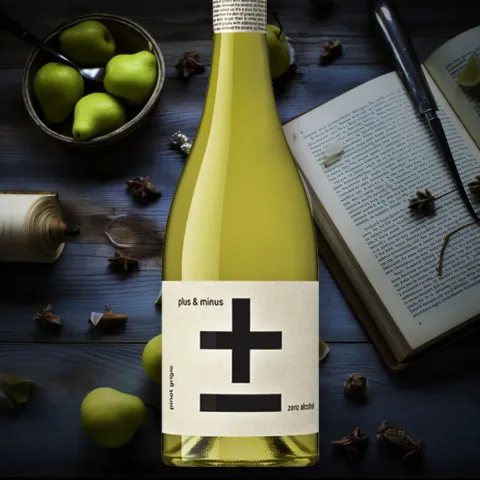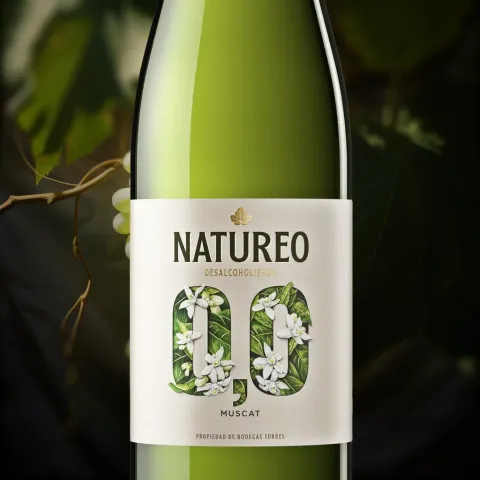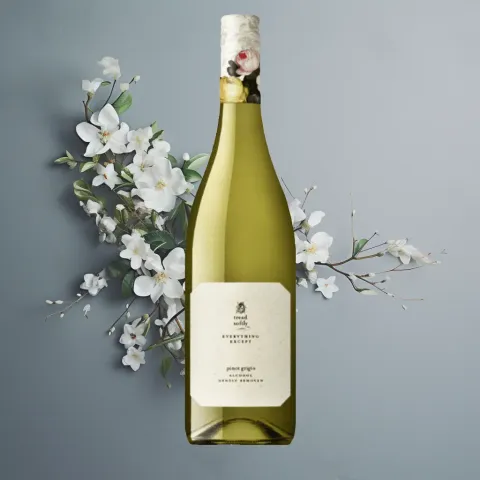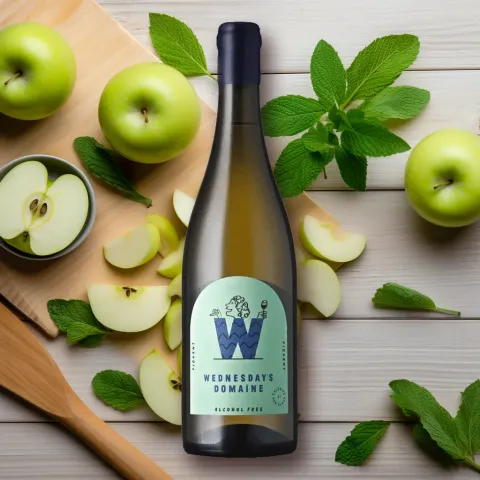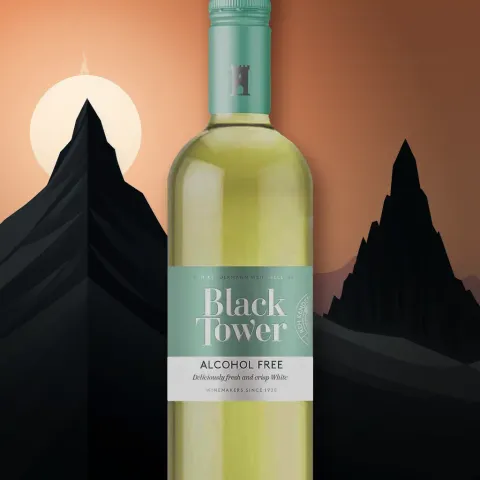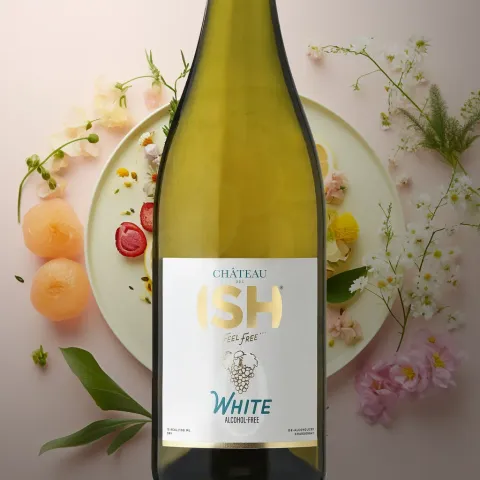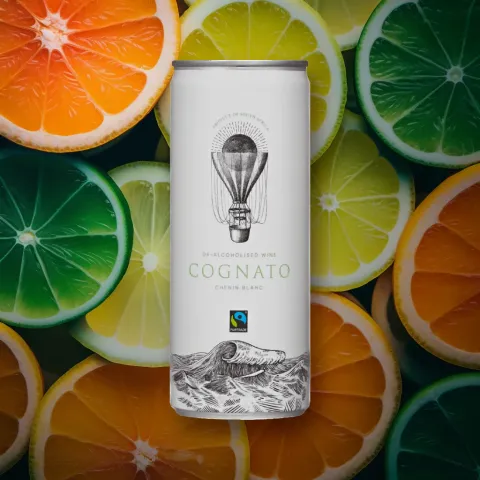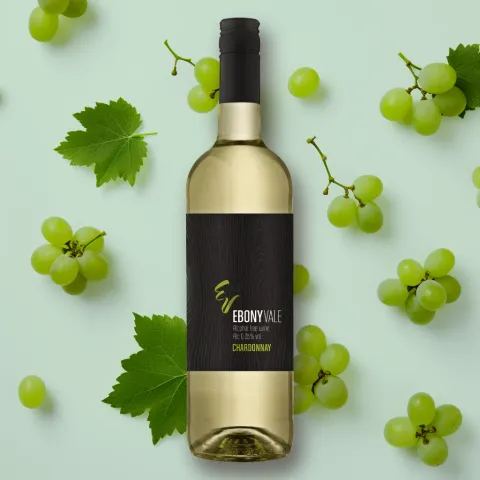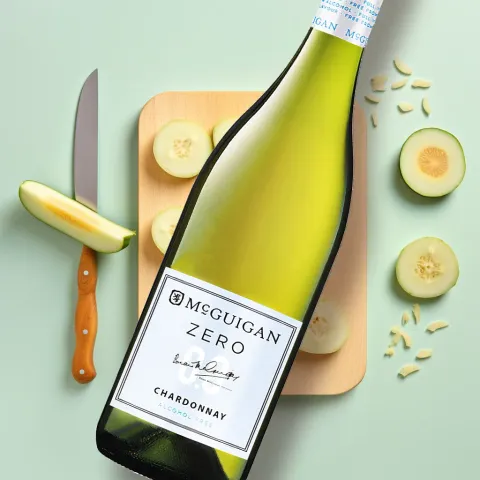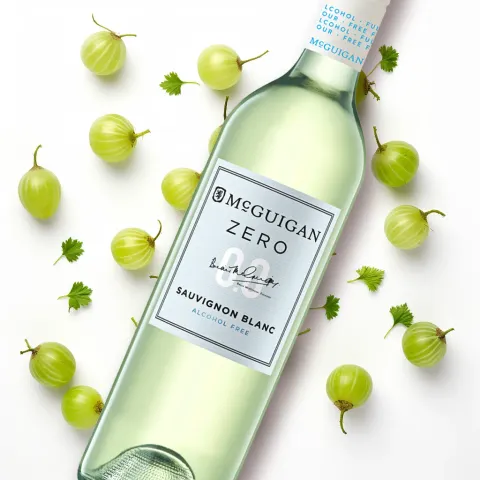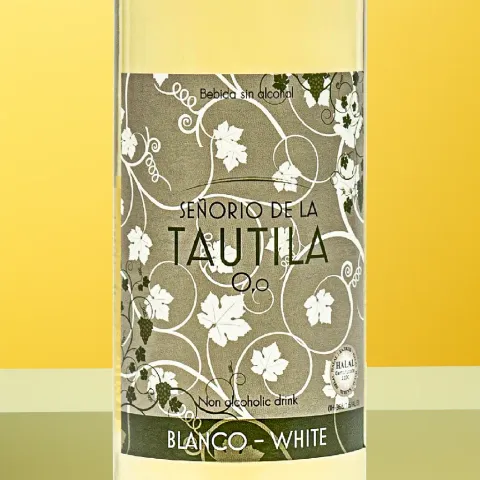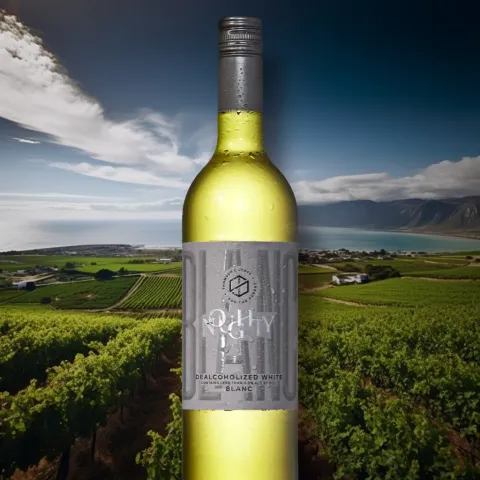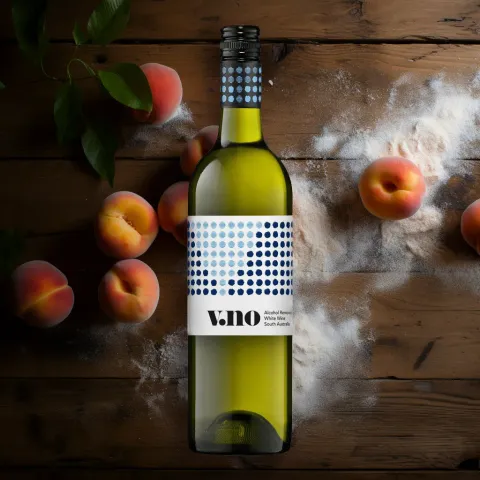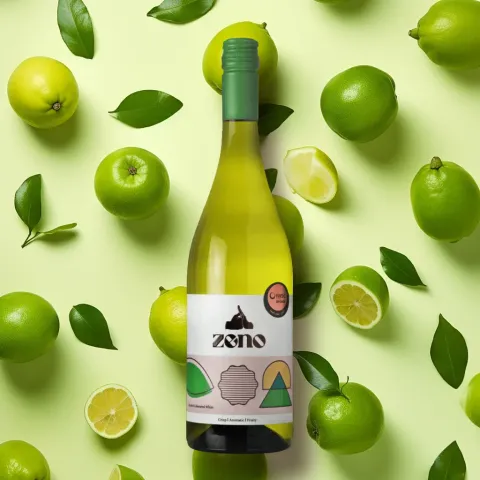Alcohol-Free & Non-Alcoholic White Wines
Experience the refreshing Adnams Sauvignon Blanc Alcohol-Free White Wine, bursting with citrus flavours & gluten-free. Perfect with meals or on its own.
Experience the richness of Tuscany with Casa Emma Zeero Alcohol-Free Extra Dry White Wine. Organic, gluten-free & vegan with lively citrus notes.
Experience the delightful fresh taste of De Bortoli The Very Cautious Riesling Alcohol-Free White Wine. Crafted from Australian grapes.
Indulge in Hand on Heart's Alcohol-Free Chardonnay White Wine - a California blend to perfectly pair with seafood or light meals
Hardys Alcohol-Free Chardonnay (0% ABV)
Price: £6.59
Hardys Alcohol-Free Chardonnay white wine is created from the same fine grape as the original version with white peach and pineapple notes.
José Maria da Fonseca Original Moscatel Alcohol-Free White Wine with citric and floral aromas in a refreshing vegan and gluten-free drink.
Moderato Alcohol-Free White (0.0% ABV)
Price: £8.99
Experience exceptional taste with Moderato Alcohol-Free White Wine. A gluten-free, low-sugar & vegan drink that doesn't compromise on taste.
Enjoy the exquisite taste of NEWBLOOD Chardonnay Alcohol-Free White Wine, an award-winning low-sugar vegan wine.
Enjoy the crisp fruit flavour of Not Guilty Alcohol-Free Pinot Grigio Wine. It's gluten-free and vegan-friendly for fun without the alcohol.
Oddbird Domaine de la Prade Chardonnay - an organic, alcohol-free white wine offering a rich blend of apple and citrus flavours.
Savour the delightful complexity of Plus & Minus Alcohol-Free Pinot Grigio - a low-sugar, gluten-free and vegan wine with a balanced sweetness and acidity.
Enjoy Torres Natureo Alcohol-Free Muscat White Wine - an award-winning, low-sugar & vegan-friendly drink with full aroma & flavour.
Enjoy Tread Softly's Alcohol-Free Pinot Grigio White Wine - a vivacious blend of floral, citrus & pear flavours. Gluten-free, low-sugar & vegan.
Enjoy the refreshing citrus notes of Wednesday's Domaine Piquant Alcohol-Free White Wine. A perfectly balanced Spanish de-alcoholised wine.
Savour the rich flavours of Black Tower Deliciously Light Low Alcohol White Wine. A blend of citrus fruits and exotic hints!
Revel in the exquisite taste of alcohol-free white wine Château del ISH by Ish Spirits. Gluten-free and vegan-friendly. It's an experience!
Savour the taste of South Africa with Cognato Alcohol-Free White Wine Single Serve. Low-sugar, gluten-free and vegan. Perfect for any occasion,
Explore the world of alcohol-free wines with Ebony Vale Chardonnay. A full-bodied beverage with intact fruity character.
McGuigan Zero Chardonnay - an alcohol-free white wine full of melon and peach flavours. Perfect for those who enjoy a full-flavoured glass without the alcohol.
McGuigan Zero Sauvignon Blanc Alcohol-Free White Wine is perfect for those who want the full-flavoured experience of white wine without the alcohol.
Señorio de la Tautila Blanco Alcohol-Free White Wine by Bodega La Tautila is a vegan & gluten-free white wine from Airen grapes. Ideal for pairing with food.
Thomson & Scott Noughty Blanc is impeccably crafted, alcohol-free white wine from South Africa, boasting a blend of Chardonnay and Chenin Blanc grapes.
V.No Alcohol-Free White Wine (0.5% ABV)
Price: £9.09
Experience the complexity and depth of V.No Alcohol-Free White Wine. Enjoy stone fruit & citrus flavours in this South Australian vegan wine.
ZENO Alcohol-Free Liberated White Wine is a vegan-friendly blend of fruity and herbaceous flavours. Start your alcohol-free journey today!
